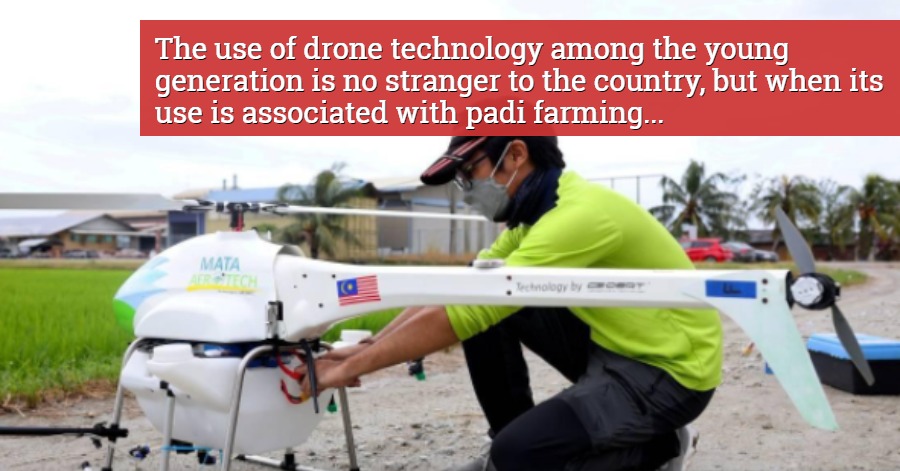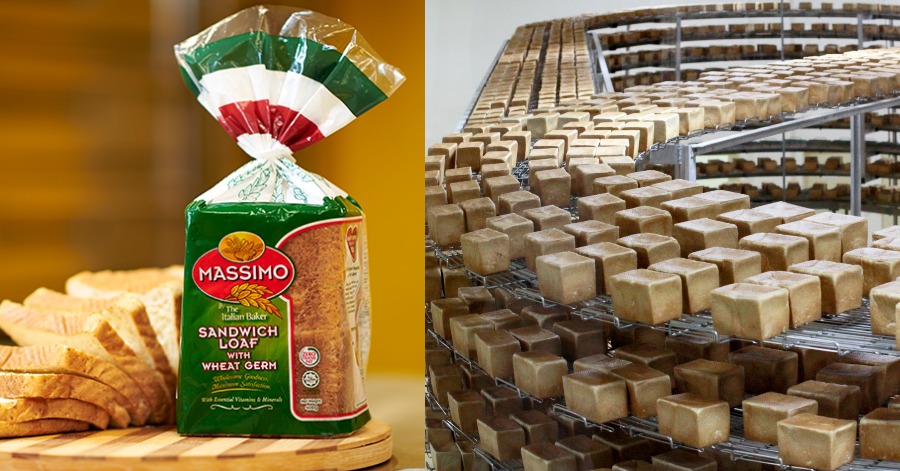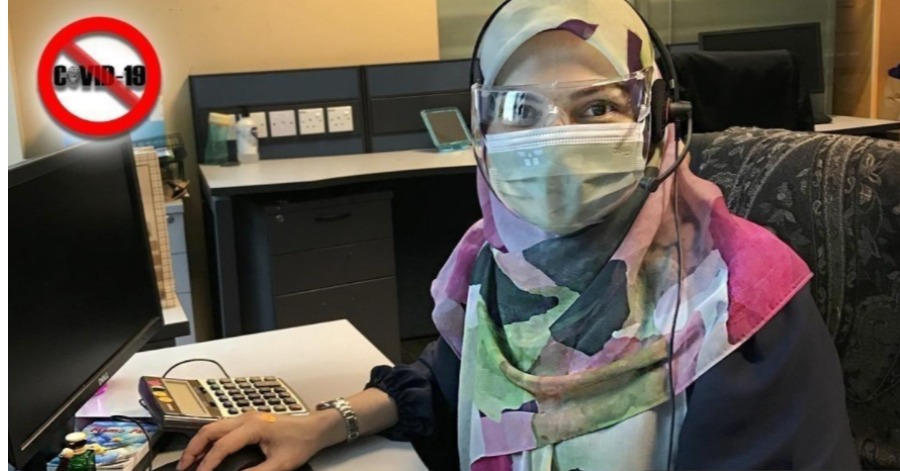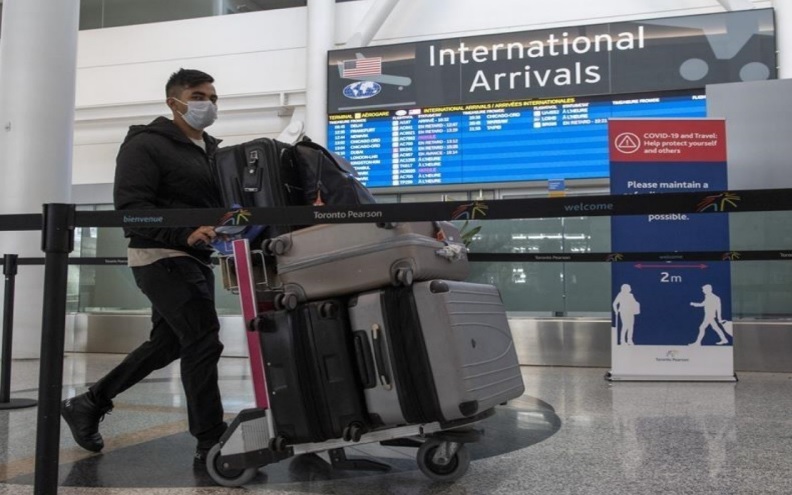IPOH, Dec 10 — The use of drone technology among the young generation is no stranger to the country, but when its use is associated with padi farming, many may ponder over it.
That is why it has become a challenge for MATA Aerotech Sdn Bhd (MATA Aerotech), which is a Malaysia-Taiwan joint venture company, in maintaining its business in the country.
Its chief executive, Wan Azrain Adnan said the reality of working in the agriculture sector, in having to bear the scorching sun, the strenuous work and tight work schedules, as well as handling the pesticides were among factors why youths were not keen to work in the agriculture sector, regarding the job as “3D” (Dirty, Dangerous and Demeaning) work.
He said the company was established in 2019 and had a regional operation office in Seberang Perak.
The challenge facing us is not just getting skilled workers, as the COVID-19 pandemic which hit the country since early last year, also affected the company’s operation which is based on drone and robotic technology, he added.
He said despite facing operational and wage payment issues, the human capital programmes by the Northern Corridor Implementation Authority (NCIA) were timely to help the company during the pandemic uncertainty.
“When the pandemic struck, we were just starting our operations and had to stop operation due to the Movement Control Order (MCO). This caused the company to experience operational issues and it affected payment of employees’ salaries.
“We were then offered the NCER (Northern Corridor Economic Region) Entrepreneur Fund (DU@NCER), JomKerja@NCER and NCER Talent Enhancement Programme (NTEP) which helped our company to retain the employees and keep business afloat,” he told Bernama during a special interview held virtually recently.
According to him, with the assistance from NCIA, including a subsidy of up to 50 per cent in the employees’ salary for one year, MATA Aerotech is able to keep its employees, and in fact, hire new workers, especially the locals in NCER.
“This move not only enable us to remain in business but also enable us to employ those who had been laid off due to COVID-19,” he said, adding that the company hired 35 employees through the NTEP programme and JomKerja @NCER since last year.
Wan Azrain said the company also received a grant of up to 15 per cent of the project’s qualifying costs through the DU@NCER programme, which was used to purchase drone accessories for use in padi fields, covering 20,000 hectares nationwide, including collaboration to integrate technology in a smart agriculture model with FELCRA Berhad.
The DU@NCER is a facilitation fund created as a tipping point for Bumiputera private investment initiatives in NCER to enable them to be more competitive.
It is also to create more jobs, create new entrepreneurs, maintain the business of Bumiputera companies and assist in supporting the ecosystem and value chain of the industry in NCER.
“All these NCER initiatives are very helpful to Bumiputera companies, especially during the pandemic and also NCIA in providing assistance to pay the salaries of workers to prevent layoffs,” said Wan Azrain.
Meanwhile, PNA Technologies executive chairman Datuk Sharifuddin Hamat said the incentives provided by NCIA through NTEP and JomKerja@NCER had successfully supported Bumiputera entrepreneurs and were much needed in solving the problems that arose during the COVID-19 pandemic.
He said his company, which is based on automotive vendors, was also affected by the COVID-19 pandemic when it was forced to close its factory in Kampung Gajah, but it still managed to pay the workers’ salaries with the incentives provided by NCIA.
“We are offering 140 job opportunities for the locals next year through the JomKerja@NCER initiative,” he added.
NTEP is one of NCER’s human capital incentive programmes aimed at encouraging companies to recruit new graduates and provide them with adequate training.
NTEP incentives are also provided to increase the marketability of local graduates, retrenched workers, contract workers, part -time workers and trainees by providing employment opportunities and at the same time ensuring that the workforce is in line with the needs of the industry.
JomKerja@NCER is one of the ‘fast track’ human capital programmes to support companies and businesses in NCER to employ local manpower, invest and grow operations in the recovery phase of the COVID-19 pandemic.
Sources: BERNAMA









Leave a Comment